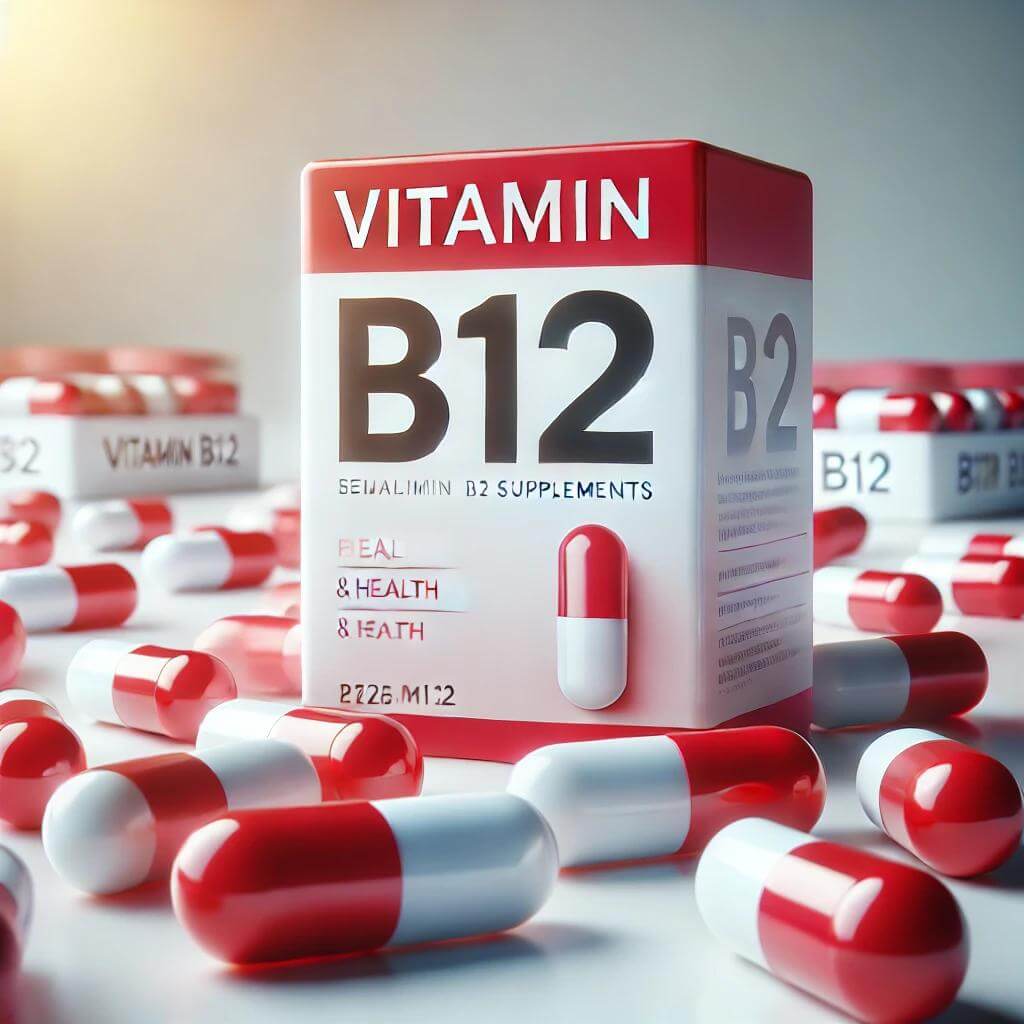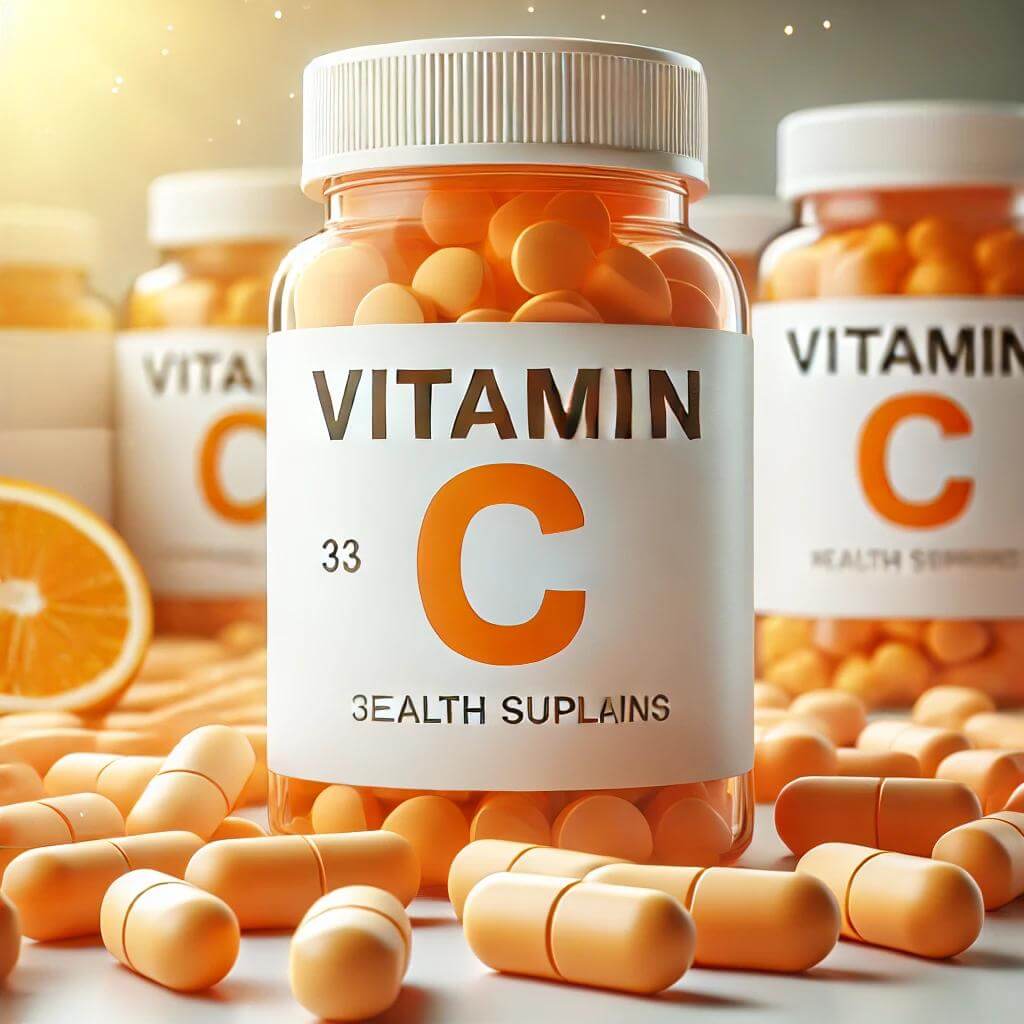The Power of B12: Why This Nutrient is Essential for Your Health
Vitamin B12, also known as cobalamin, is a vital nutrient that plays a crucial role in many of the body’s essential functions. Despite its importance, it is one of the most overlooked vitamins, particularly in plant-based diets. Whether you’re an omnivore or a vegan, understanding the significance of Vitamin B12 is key to maintaining optimal health.
Health Benefits of Vitamin B12
1. Supports Red Blood Cell Formation and Prevents Anemia
Vitamin B12 is essential for the production of red blood cells. When B12 levels are low, red blood cell production decreases, leading to megaloblastic anemia. This condition is characterized by larger-than-normal red blood cells that cannot function properly, leading to symptoms like fatigue, weakness, and shortness of breath. Regular intake of Vitamin B12 ensures the efficient formation of healthy red blood cells, thereby preventing anemia.
2. Enhances Brain Function and Cognitive Health
One of the most critical roles of Vitamin B12 is in maintaining brain health. This vitamin helps in the production of neurotransmitters that are vital for mood regulation, memory, and cognitive function. Low levels of B12 have been linked to an increased risk of neurodegenerative diseases like Alzheimer’s and dementia. By supporting nerve function and brain health, Vitamin B12 helps maintain mental clarity and cognitive sharpness.
3. Boosts Energy Levels
Vitamin B12 plays a significant role in energy production. It aids in converting the food you eat into glucose, which provides energy to your body. Without adequate B12, you may experience persistent fatigue and sluggishness. Supplementing with B12 can enhance your energy levels, making you feel more vibrant and active.
4. Promotes Heart Health
Homocysteine is an amino acid that, when elevated, is associated with an increased risk of cardiovascular diseases. Vitamin B12 helps regulate homocysteine levels by converting it into methionine, a building block for new proteins. Maintaining optimal B12 levels can therefore reduce the risk of heart disease and support overall cardiovascular health.
5. Supports Bone Health and Prevents Osteoporosis
Research suggests that low levels of Vitamin B12 may be linked to poor bone health and an increased risk of osteoporosis. B12 is involved in bone cell production and maintaining bone density. Ensuring adequate intake of this vitamin can help keep your bones strong and reduce the risk of fractures and osteoporosis as you age.
6. Aids in DNA Synthesis
Vitamin B12 is crucial for the synthesis of DNA, the genetic material in all cells. This process is vital for the proper development and function of every cell in the body. Adequate B12 levels ensure that DNA synthesis occurs correctly, which is essential for growth, cell repair, and overall health.
7. Supports a Healthy Pregnancy
Vitamin B12 is vital for pregnant women as it plays a crucial role in fetal development, particularly in the formation of the brain and spinal cord. Deficiency during pregnancy can lead to severe birth defects and developmental issues. Ensuring sufficient B12 intake is therefore critical for a healthy pregnancy.
Sources of Vitamin B12
Vitamin B12 is naturally found in animal-based foods, but there are also fortified options for those following a plant-based diet. Here’s a table listing foods rich in Vitamin B12, sorted by content:
| Food | Vitamin B12 Content (µg per 100g) |
|---|---|
| Clams | 98.9 |
| Liver (Beef) | 83.1 |
| Mackerel | 19.0 |
| Sardines | 8.9 |
| Tuna | 4.5 |
| Salmon | 4.0 |
| Fortified Cereals | 6.0 |
| Milk (Cow’s) | 0.9 |
| Yogurt | 0.8 |
| Eggs | 0.5 |
| Fortified Plant-Based Milk | 0.5 |
Disadvantages of Vitamin B12
While Vitamin B12 is generally safe and essential, there are a few considerations to be mindful of:
1. Over-supplementation
Excessive intake of Vitamin B12 through supplements can lead to unwanted side effects such as dizziness, headache, anxiety, nausea, and in rare cases, liver dysfunction. It is crucial to adhere to recommended dosages unless otherwise directed by a healthcare professional.
2. Limited Sources for Vegans
Since natural Vitamin B12 is predominantly found in animal products, those following a vegan diet must rely on fortified foods or supplements. This limitation requires careful planning to ensure adequate intake and avoid deficiency.
3. Potential Interactions with Medications
Vitamin B12 can interact with certain medications, such as metformin (used for diabetes) and proton pump inhibitors (used for acid reflux). These interactions can reduce B12 absorption, making supplementation necessary for some individuals.
Conclusion
Vitamin B12 is undeniably a powerhouse nutrient essential for overall health and well-being. From supporting red blood cell production to boosting brain health, its benefits are vast and varied. While it is readily available in animal-based foods, those on plant-based diets need to be vigilant in obtaining sufficient B12 through fortified foods or supplements. With careful planning, everyone can ensure they receive enough Vitamin B12 to reap its numerous health benefits.
*Disclaimer: The information provided in this article is for educational and informational purposes only and should not be construed as health advice. The content is solely the personal opinion of the author and is not intended to be a substitute for professional medical advice, diagnosis, or treatment. Always seek the advice of your physician or other qualified health provider with any questions you may have regarding a medical condition or before starting any new diet or treatment. Read more




2 comments